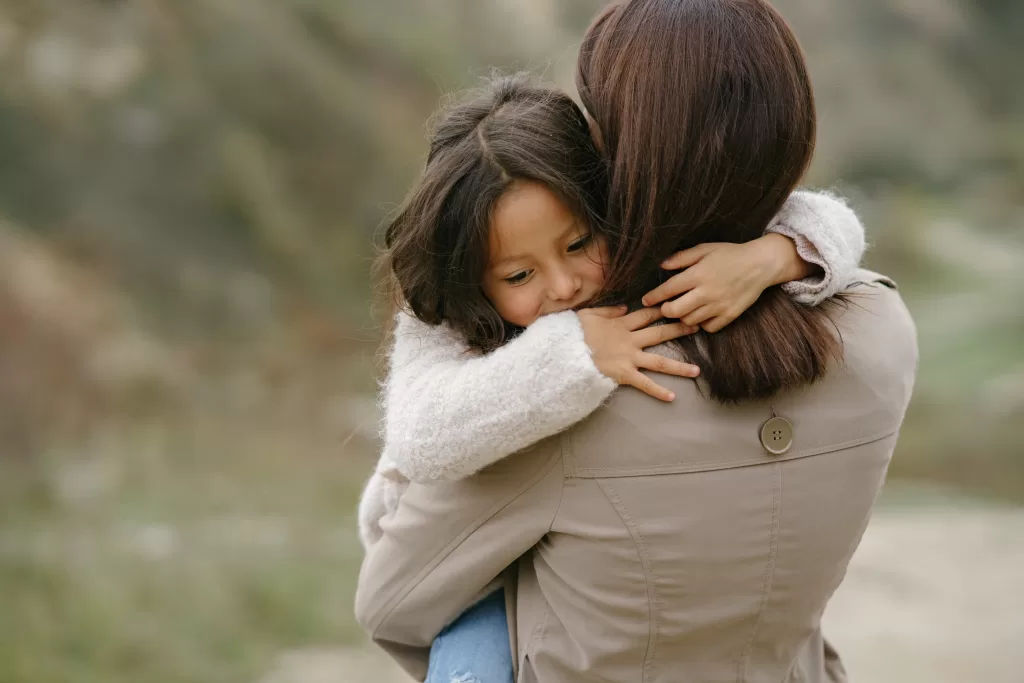There has been a discernible change in Pakistani society’s views on marriage in recent years, especially among women. An increasing percentage of women are stating that they would rather be single than be married, and they attribute this shift in the narrative to supportive family structures, toxic masculinity awareness, changing gender norms, and the need for independence.
The evolving gender norms in Pakistani society are one of the main factors propelling this trend. In the past, Pakistani women were supposed to fulfil the traditional responsibilities of housewives and carers. But as time goes on and women are exposed to other viewpoints via education and the media, they are questioning these deeply ingrained conventions. Many women are beginning to doubt if marriage is a prerequisite for defining their identity and self-worth in light of their desire for both professional and personal fulfilment.

Women’s views on marriage have also been significantly shaped by awareness of toxic masculinity. The #MeToo movement and the growth in discussions about gender-based violence have brought toxic masculinity to light in many societies, including Pakistan. These days, women are opting to put their own health ahead of social expectations as they become more aware of the possible risks that come with marriage. The belief that staying single is better to entering potentially dangerous relationships has grown as a result of this increased awareness.
The desire for independence has grown in importance for many Pakistani women. Women can now follow their goals and aspirations without being constrained by traditional marital roles because to the expansion of education and employment options. As single women are not burdened by marital obligations and society expectations, they are frequently in a better position to concentrate on their own personal and professional growth. The drive for autonomy has enabled women to forge their own routes and refute the belief that marriage is the exclusive route to a contented existence.
One such factor in Pakistani women’s good view of singlehood is supportive family structures. Families are growing more tolerant and sympathetic of their daughters’ choices to stay unmarried as cultural views change. Women who receive this assistance feel empowered to make decisions that are consistent with their own goals and values. The family dynamic’s emphasis on personal fulfilment and satisfaction encourages women to put their own needs first, even if it means going against conventional wisdom.

Although many see the increase of singlehood among Pakistani women as a sign of strength and development, there are drawbacks to this trend as well. Unmarried women are seen as breaking from cultural norms by some orthodox parts of society. There might be a duality in perceptions due to social stigma and judgement resulting from the need to live up to customary ideals.
In conclusion, women’s views on marriage in Pakistan are evolving due to shifting gender norms, growing awareness of toxic masculinity, the desire for independence, and the presence of supportive family structures. Rising rates of singlehood are viewed as a step in the right direction towards giving women the freedom to make decisions that suit their own goals and well-being. However, women who choose to stay single still face obstacles due to societal views and expectations. As the story unfolds, it is imperative to encourage candid discussions and acceptance in order to build a culture that recognises and honours the variety of routes taken by women in their quest for happiness.
















